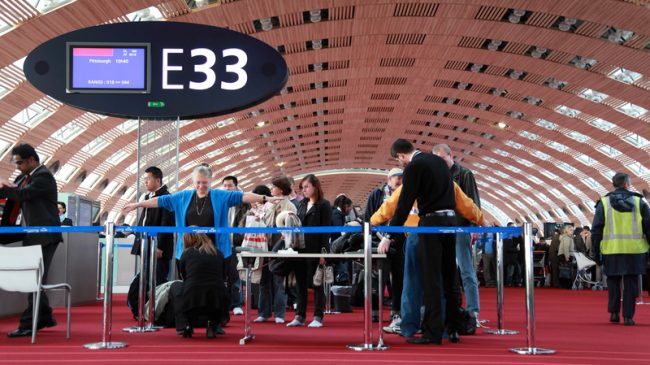The legislation that created the TSA – the Aviation & Transportation Security Act (ATSA) of 2001 – built in a conflict of interest for the new agency. On the one hand, TSA is designated as the agency that establishes transportation security policy and regulates those that provide transportation operations and infrastructure (airlines, airports, railroads, transit systems, etc.). But on the other hand, TSA itself is the operator of the largest component of airport security: passenger and baggage screening.
The result is that when it comes to screening, TSA has a serious conflict of interest. All other aspects of airport security – access control, perimeter control, lobby control, etc. – are the responsibility of the airport, under TSA’s regulatory supervision. But for screening, TSA regulates itself. Arm’s-length regulation is a basic good-government principle; self-regulation is inherently problematic.
In practice, no matter how dedicated TSA leaders and managers are, the natural tendency of any large organization is to defend itself against outside criticism and to bolster its image. And that raises questions about whether TSA is as rigorous about dealing with performance problems with its own workforce as it is with those that it regulates at arm’s length, such as airlines and airports.
Having TSA operate airport screening also conflicts with the principle that an airport should have a unified approach to security, with everyone responsible to the airport’s security director. Numerous problems with split security have been reported at U.S. airports over the past decade, where certain responsibilities have fallen between the cracks, and neither the airport nor the TSA was on top of the problem.
To address these problems, two reforms should be pursued. The most urgent one is to further reform the current Screening Partnership Program (SPP). Recent legislation that puts the burden of proof on TSA in denying an airport’s request to opt out of TSA-provided screening is a modest step in the right direction, given that ATSA allows all airports to opt out via SPP. But TSA’s overly centralized approach still needs correcting. SPP should be reformed so that:
- The airport, not TSA, selects the contractor, choosing the best-value proposal from TSA-certified contractors.
- The airport, not TSA, manages the contract, under TSA’s regulatory oversight of all security activities at the airport in question.
A more comprehensive reform would be to revise the ATSA legislation by removing the conflict of interest that Congress built into that law. The revision would devolve the responsibility for passenger and baggage screening from TSA to individual airports, as part of their overall security program. Airports would have the option of either hiring a qualified screener workforce or contracting with a TSA-certified security firm. This change would produce greater accountability for screening performance and would also bring the United States into full conformity with International Civil Aviation Organization standards.

